Meta’s decision to end its fact-checking program has drawn criticism from Michael McConnell, co-chair of the company’s oversight board.
McConnell said the move appears to be a response to political pressure, especially with President-elect Donald Trump’s inauguration just two weeks away.
Speaking to NPR, McConnell, a Stanford University law professor, said the timing of the change creates “bad optics.” He added, “It looks like this is, you know, Donald Trump is president, and now they’re caving.”
Meta Replaces Fact-Checkers with Community Notes
Meta CEO Mark Zuckerberg announced the company will replace its third-party fact-checking program with user-generated “community notes” on Facebook, Instagram, and Threads. This policy mirrors a similar feature on Elon Musk’s platform, X (formerly Twitter).
In a video, Zuckerberg explained the decision: “Fact-checkers have been too politically biased and have destroyed more trust than they’ve created. What started as a movement to be more inclusive has increasingly been used to shut down opinions and shut out people with different ideas.”
While Zuckerberg acknowledged the new system might reduce accidental takedowns of innocent posts, he admitted it could lead to more harmful content on Meta’s platforms.
Changes to Hate Speech Policy
Meta also updated its hate speech rules, removing guidelines against referring to “women as household objects or property” and “transgender or non-binary people as ‘it.’” McConnell said these changes “came as a surprise” to the oversight board.
Political Ties and Criticism
The timing of these changes has raised questions, especially after Zuckerberg reportedly dined with Trump at Mar-a-Lago in November. Critics argue Meta’s actions align with Trump’s criticisms of the platform for alleged censorship of right-wing voices.
Meta’s new Chief of Global Affairs, Joel Kaplan, defended the decision, calling the fact-checking program “well-intentioned” but politically biased. Trump praised Kaplan’s statements, saying Meta has “come a long way.”
Fact-Checking History and Concerns
Meta introduced fact-checking in 2016 to combat disinformation, particularly from foreign actors. However, the program faced backlash for allegedly targeting more right-wing users. McConnell acknowledged evidence of this trend but said measuring the spread of misinformation is complex.
Looking ahead, McConnell expressed uncertainty about the impact of these changes on future elections and propaganda. “There is no magic bullet to this problem,” he said. “But much of this has to do with not whether the information is true or false but where it’s coming from.”
Meta’s decision has sparked heated debates within its oversight board and across social media, with many questioning the company’s commitment to combating misinformation.




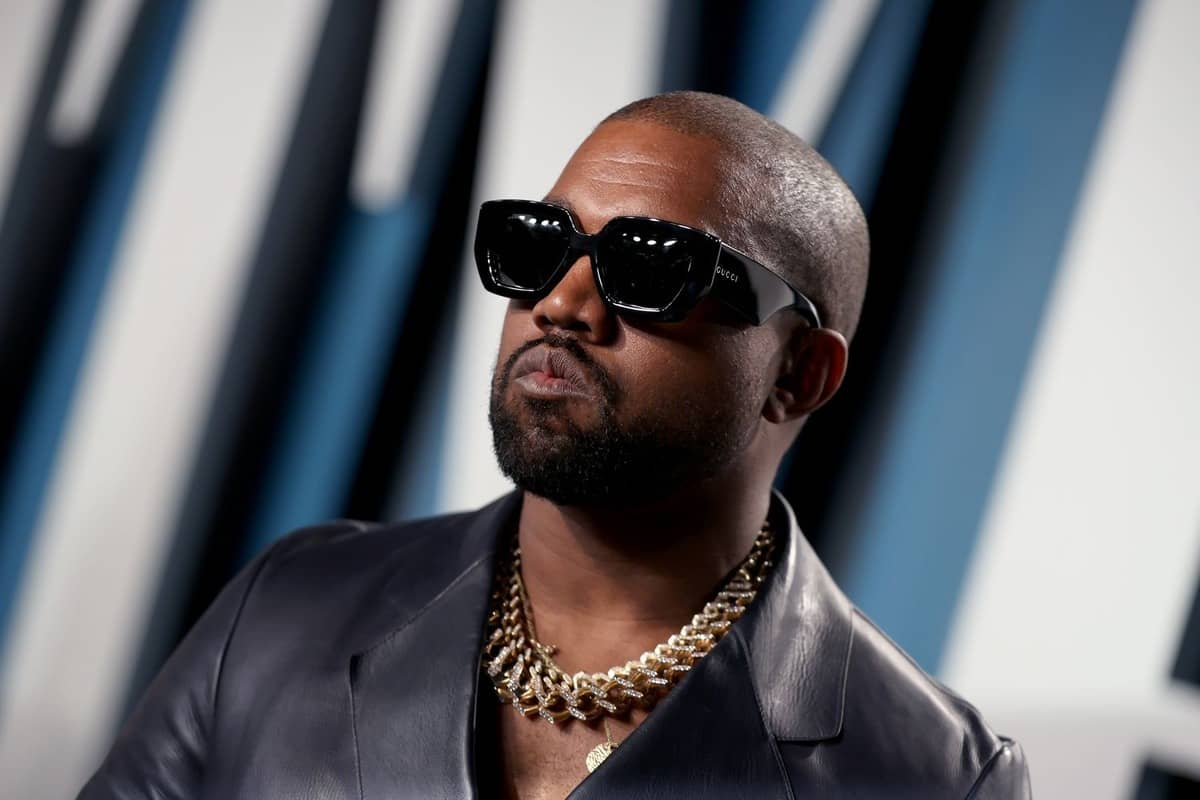

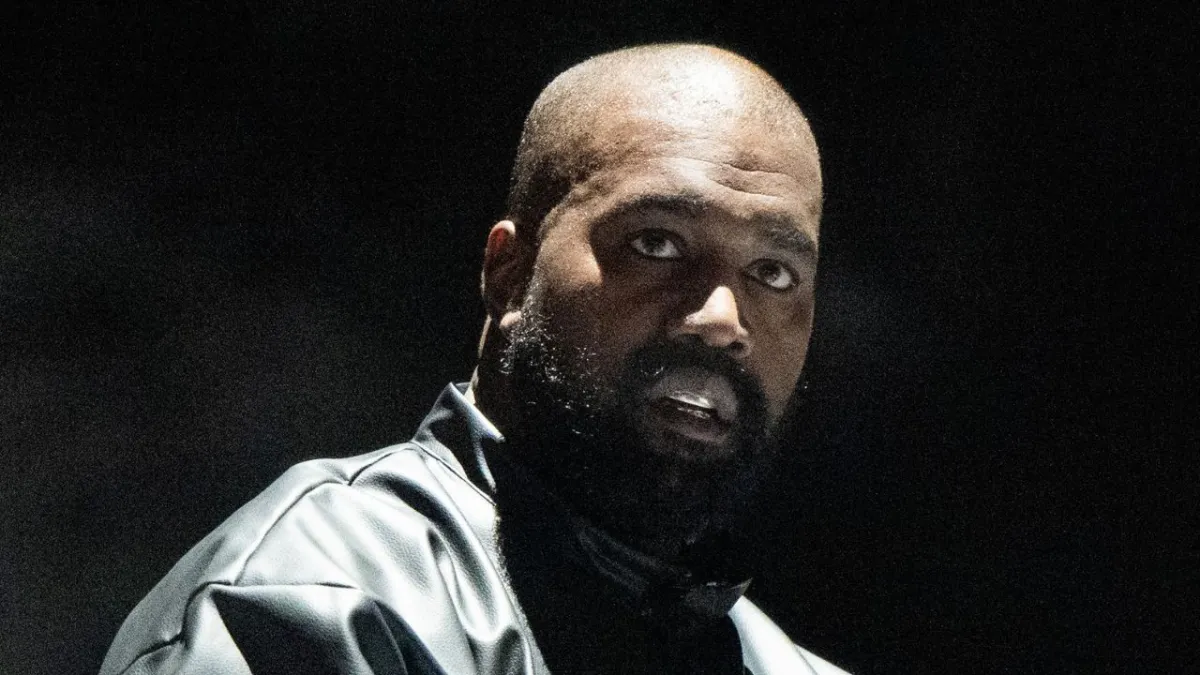
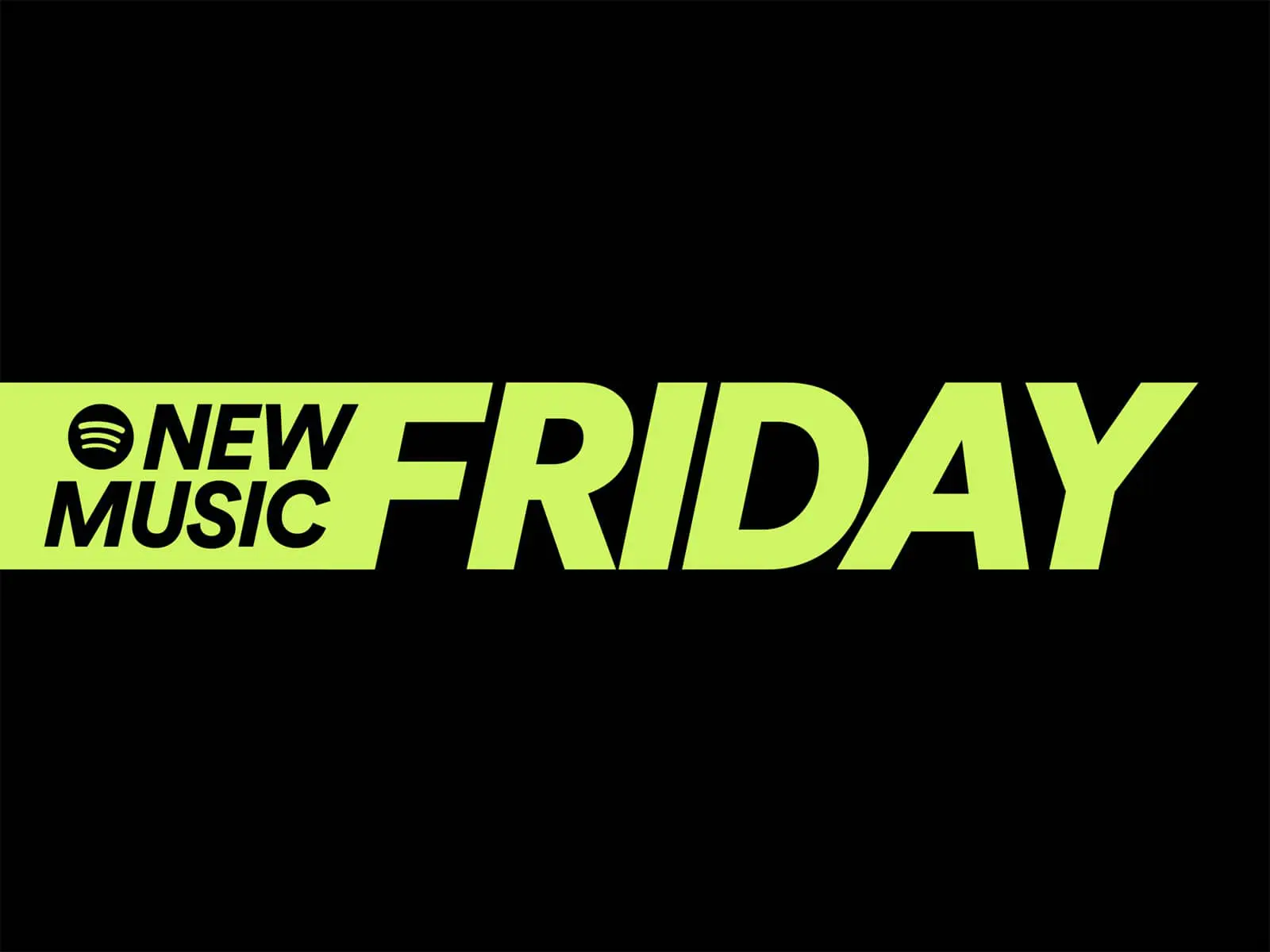
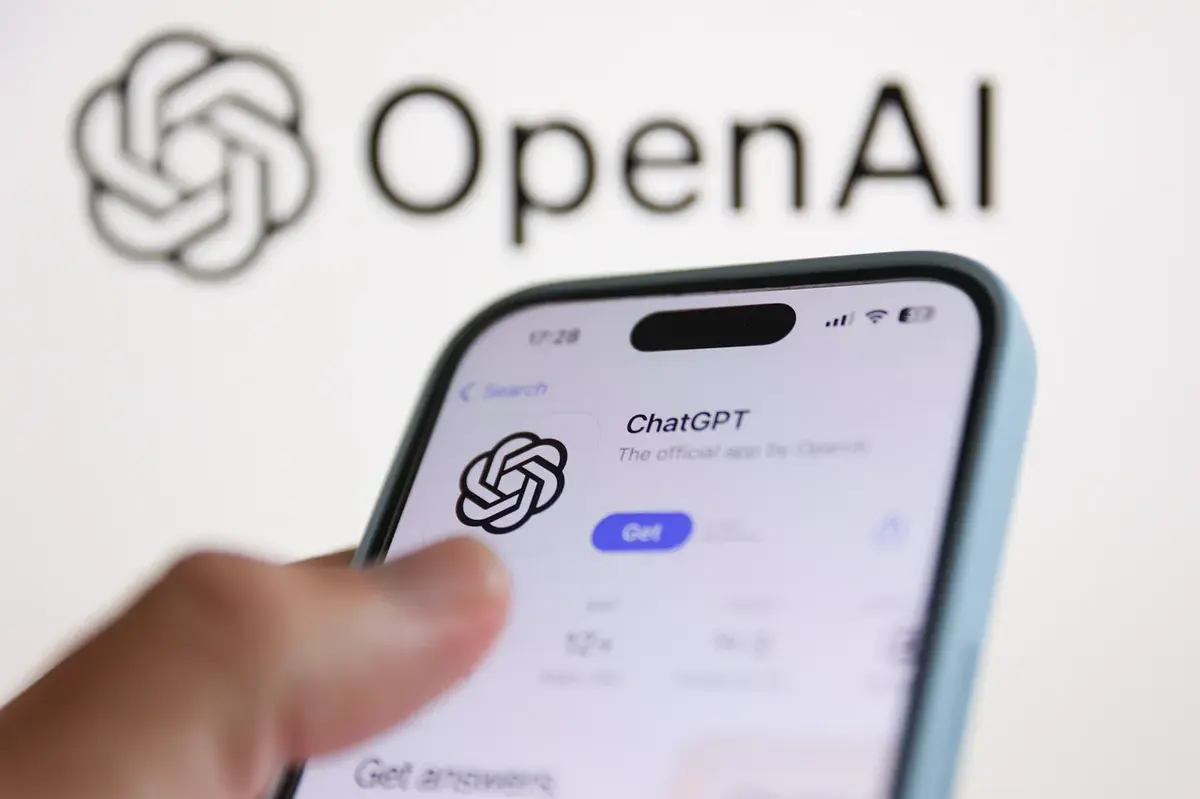

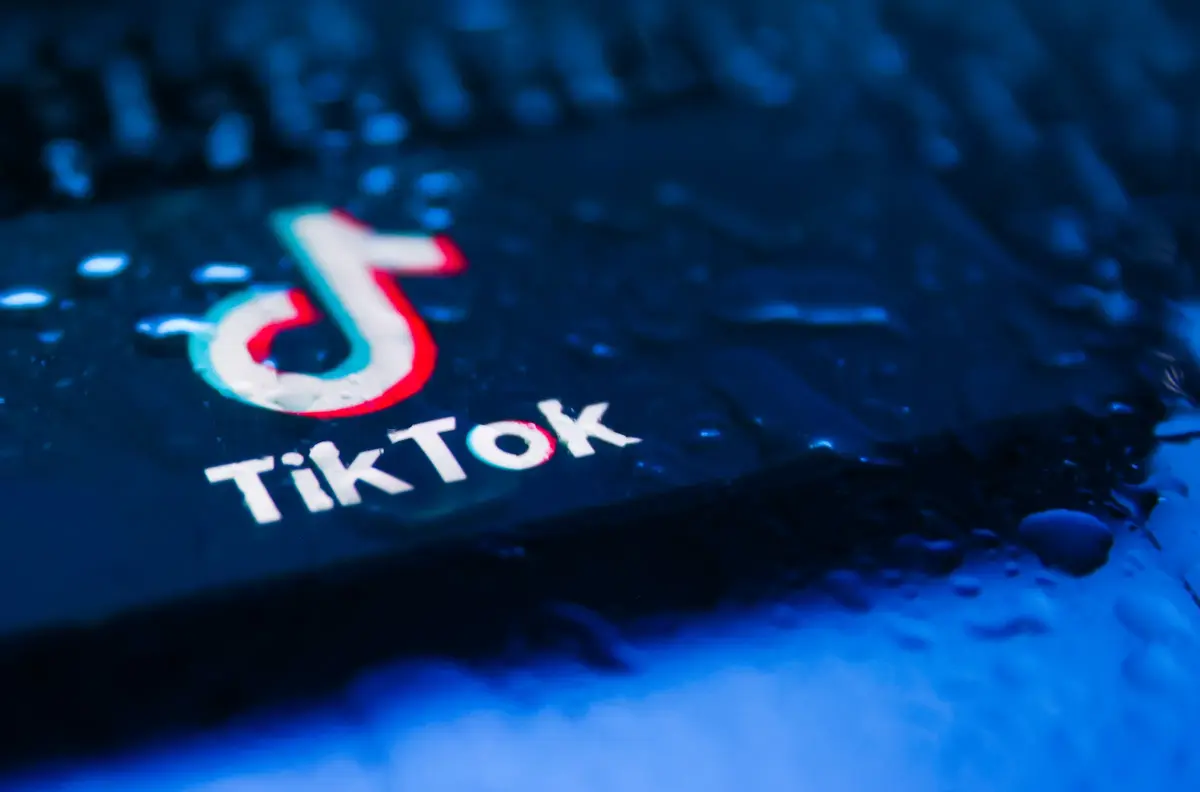

Leave a comment